Andrew Orr and Charlotte Henry join host Kelly Guimont to discuss some CES announcements and a couple of tips for iPhone users.
Dreame Shows Off Its Robotic Vacuum GOAT of Avoidance at CES 2022
A robot vacuum that can avoid objects left on the floor is great, and this CES exhibitor says its model is the best at such avoidance.
CES 2022: Airthings Air Quality Sensor Can Detect Indoor Pollution
Airthings has announced new products at CES 2022 as additions to its View series product range. These include View Pollution, View Radon, and more.
Lumos! Siri Understands Harry Potter Spells
Your iPhone and, more specifically, Siri understands the ‘Lumos’ and ‘Nox’ commands from Harry Potter for turning the flashlight on and off!
Pepcom 2022: Wemo Announces a Smart Video Doorbell for HomeKit
Wemo’s new smart video doorbell announced at Pepcom 2022 will support Apple’s HomeKit. Videos will be stored in a person’s iCloud+ account.
Details of Meta Appeal Against GIPHY Ruling Emerge
Documents have revealed the basis of Meta’s appeal against a British regulator’s decision that it should sell GIPHY. Reuters has summed up the key points raised by Facebook’s parent company in appeal against the Competition and Markets Authority (CMA) decision.
The Competition Appeal Tribunal on Wednesday published a summary of Meta’s application, outlining its challenge on six grounds. The U.S company, which owns Instagram and WhatsApp as well as Facebook, said the CMA had failed to assess its offer to ensure Giphy could continue to provide services to competitors like Snapchat and TikTok on the same terms. The regulator’s decision was also procedurally flawed, Meta said. The CMA ordered Meta to sell Giphy, which it acquired for a reported $400 million in May 2020, in November after it decided the remedies offered by the U.S. company did not answer its concerns.
Pepcom 2022: Belkin Announces SOUNDFORM Immerse Noise Cancelling Earbuds
At Pepcom 2022 Belkin announced SOUNDFORM Immerse Noise Cancelling Earbuds. These are the company’s top-of-the-line audio solution.
Video Piracy Site 'Popcorn Time' Shuts Down
Popcorn Time, a popular piracy website for movies and TV shows that once put Netflix on alert, has shut down.
On Tuesday, the group behind the app emailed reporters declaring its end. A goodbye note posted by Popcorn Time, with an illustration of a bag of movie-theater popcorn with X marks for eyes, proclaims “R.I.P.” at the top of the page. The site also contains a chart of interest over time measured in online searches for the app, similar to the one Netflix sent to investors in 2015.
Jodie Comer Exits Ridley Scott-Directed, Apple-Financed, Napoleon Movie
Jodie Comer has left the Apple Studios-funded project ‘Kitbag’ due to scheduling issues, but Joaquin Phoenix and director Ridley Scott remain.
Recap: Here is the Mac Malware List for 2021
Security researcher Patrick Wardle made a list of the Mac malware we saw in 2021. It’s a timeline with information on each.
While the specimens may have been reported on before (i.e. by the AV company that discovered them), this blog aims to cumulatively and comprehensively cover all the new Mac malware of 2021 – in one place …yes, with samples of each malware available for download!
After reading this blog post, you should have a thorough understanding of recent threats targeting macOS. This is especially important as Apple continues to make significant inroads into the enterprise.
Apple on Verge of Winning Rights For Brad Pitt F1 Racing Movie
Apple is close to securing the rights to an F1 movie starring Brad Pitt and directed by Joseph Kosinski (‘Top Gun: Maverick’).
Support For BlackBerry Comes to an End
Blackberry ended support for its smartphone on Tuesday. It was the first smartphone I ever had, so I confess to feeling a little nostalgic about it all! Reuters looked back on the life of the previously indispensable device.
Former U.S. President Barack Obama, one of its most celebrated users, made headlines in 2016 when he was asked to give up his BlackBerry and replace it with an unnamed smartphone. Blackberry lost favor with users with the advent of Apple’s touchscreen iPhones and rival Android devices. In recent years, the company pivoted to making cybersecurity software and embedded operating systems for cars. Social media was alight with tributes. One Twitter user reminisced it was a “fabulous machine” and hoped the company’s phones would be resurrected. In a document published in 2020, the company said it would take steps to decommission legacy services for BlackBerry 10 and BlackBerry OS operating systems and added devices running on them would no longer be supported and may not be able to receive or send data, make phone calls or send messages reliably.
[Image credit: Hafez Husin / Shutterstock.com]
Apple Might Launch an Audiobooks Service This Year
Apple may launch an audiobooks service this year as it aims to attract more subscribers to its media services and bundles.
Smart Home Tips and CES Announcements – TMO Daily Observations 2022-01-04
Jeff Butts joins host Kelly Guimont to discuss smart home CES announcements and a tip for devices that aren’t officially supported by HomeKit.
CES 2022: WHOOSH! Announces Eco-Friendly Screen Cleaner
WHOOSH! announced a line of eco-friendly screen cleaner and protectors to keep your devices hygienic using reusable components.
Over 24,000 People Sign Data Privacy Petition to Stop Facebook Extremism
A petition signed by over 24,000 people has been delivered to Congress from Fight for the Future, Senator Ron Wyden to encourage a federal data privacy law. The impetus? Far-right extremism on social media websites such as Facebook.
Coalition members urged lawmakers to protect against attacks like that on the Capitol last year by addressing Facebook’s data-fueled algorithmic manipulation.
When Facebook whistleblower Frances Haugen testified before Congress in October, she named algorithmic manipulation as the platform’s source of power. Algorithmic manipulation is only possible with invasive and copious personal data on individual people, harvested via mass surveillance.
CES 2022: Scosche Announces Phone Car Mounts with Wireless Charging
Scosche announced new phone car mounts. Each product will be available at a different price and be released at a separate time.
Tuck and Roll With WaterField Designs New 'Tuck Backpack'
WaterField’s new Tuck Backpack is a modern take on the European military rucksack. It features full-grain leather and ergonomic straps.
CES 2022: MOFT Announces Laptop Stands, Desk Mat, Snap Sets
Known for iPhone accessories, MOFT is expanding its product line with desktop tools, as well as gear for iPhone 13 and iPad mini 6th-gen.
OWC Announces Atlas Pro Series Media Card Storage and Reader
OWC announced the Atlas Pro Series media card storage and reader aimed at photographers, videographers, and other content creators.
This Man Predicted the Modern Smartphone in 1953
Here’s a cool story from Open Culture to start the week. In 1953, Mark R. Sullivan, director of Pacific Telephone and Telegraph Company, made a prediction in a newspaper.
Here is my prophecy: In its final development, the telephone will be carried about by the individual, perhaps as we carry a watch today. It probably will require no dial or equivalent and I think the users will be able to see each other, if they want, as they talk. Who knows but it may actually translate from one language to another?
Apple's Media Offering in 2022 — Media+
Jeff Gamet joins host Charlotte Henry for the first show of 2022. They speculate on what might become of Apple’s digital media offering over the next 12 months and outline the things they would like to see (and hear).
The HomeKit Bug That Can Cripple Your iPhone
Triggering this HomeKit bug requires using an older version of iOS, but it’s still a viable threat to your iPhone that’s easy to implement.
Breaking: Apple Becomes First U.S Firm Worth US$3 Trillion [Updated]
Apple became the first U.S. company to hit a market cap of US$3 trillion during the first day of trading in 2022.

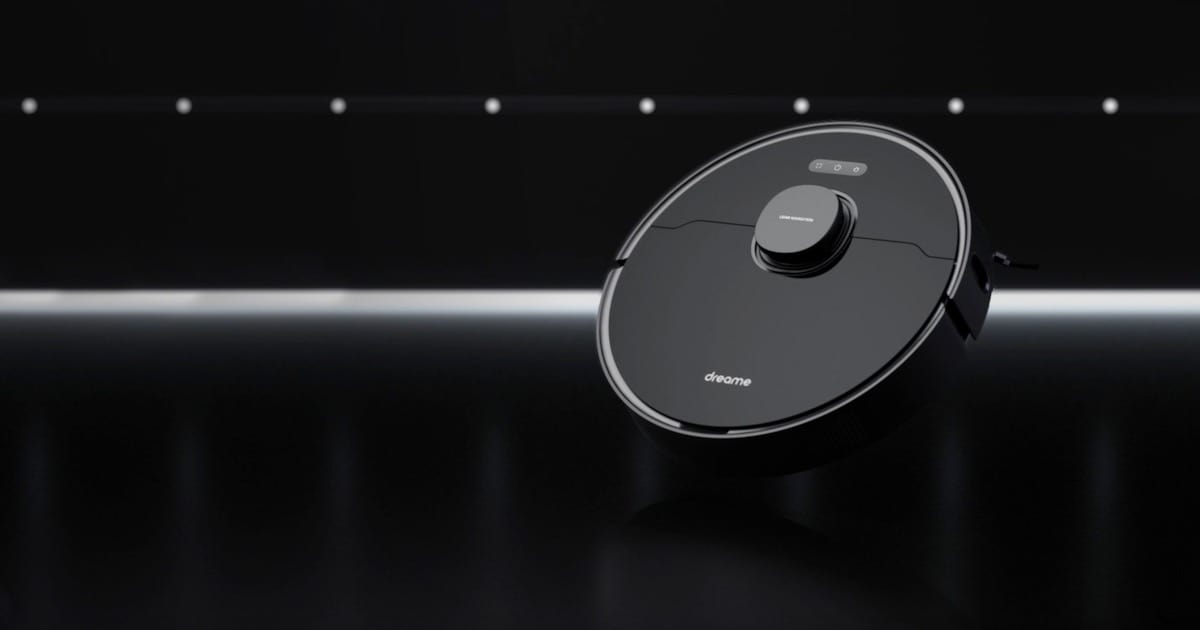



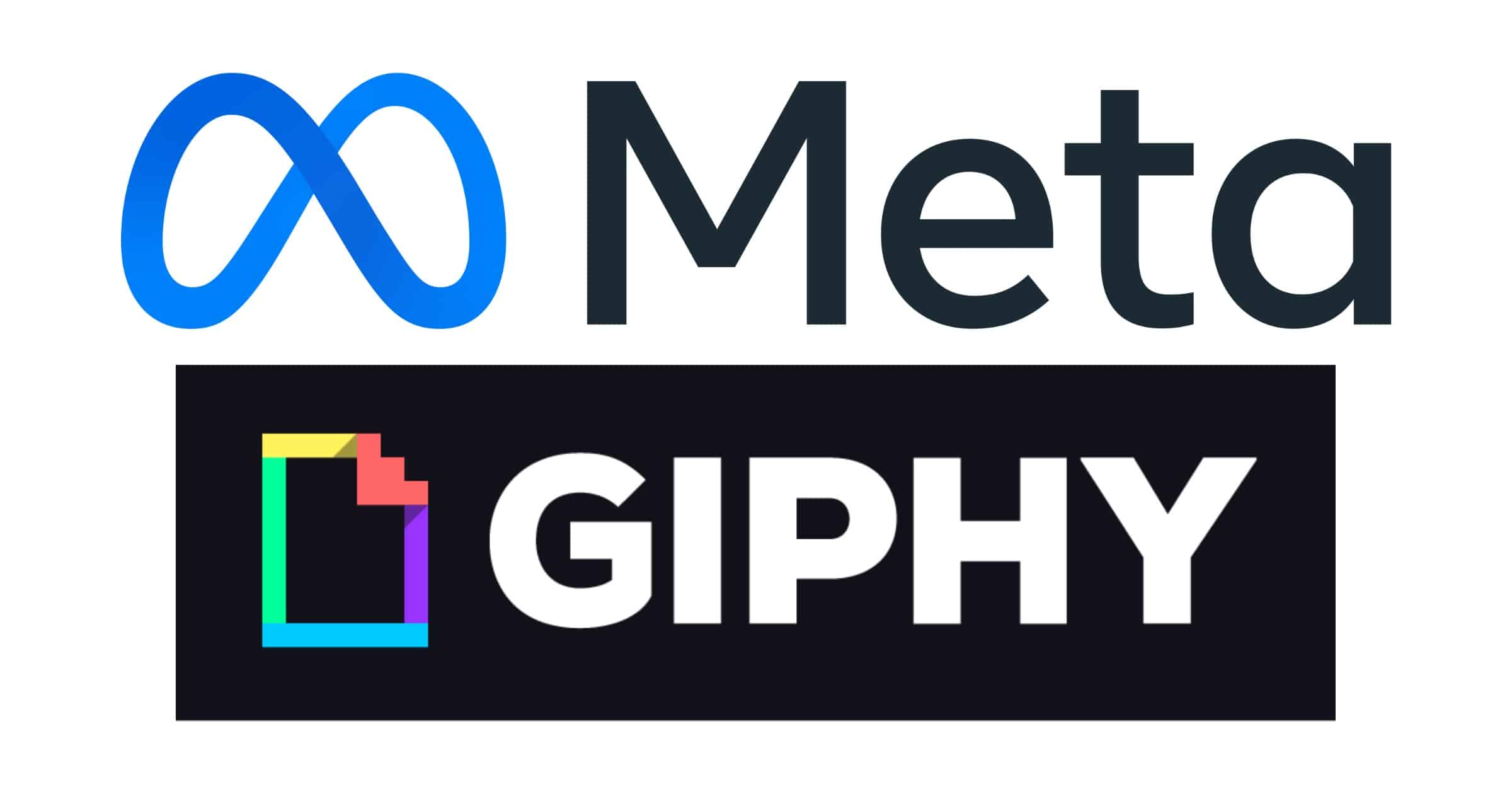
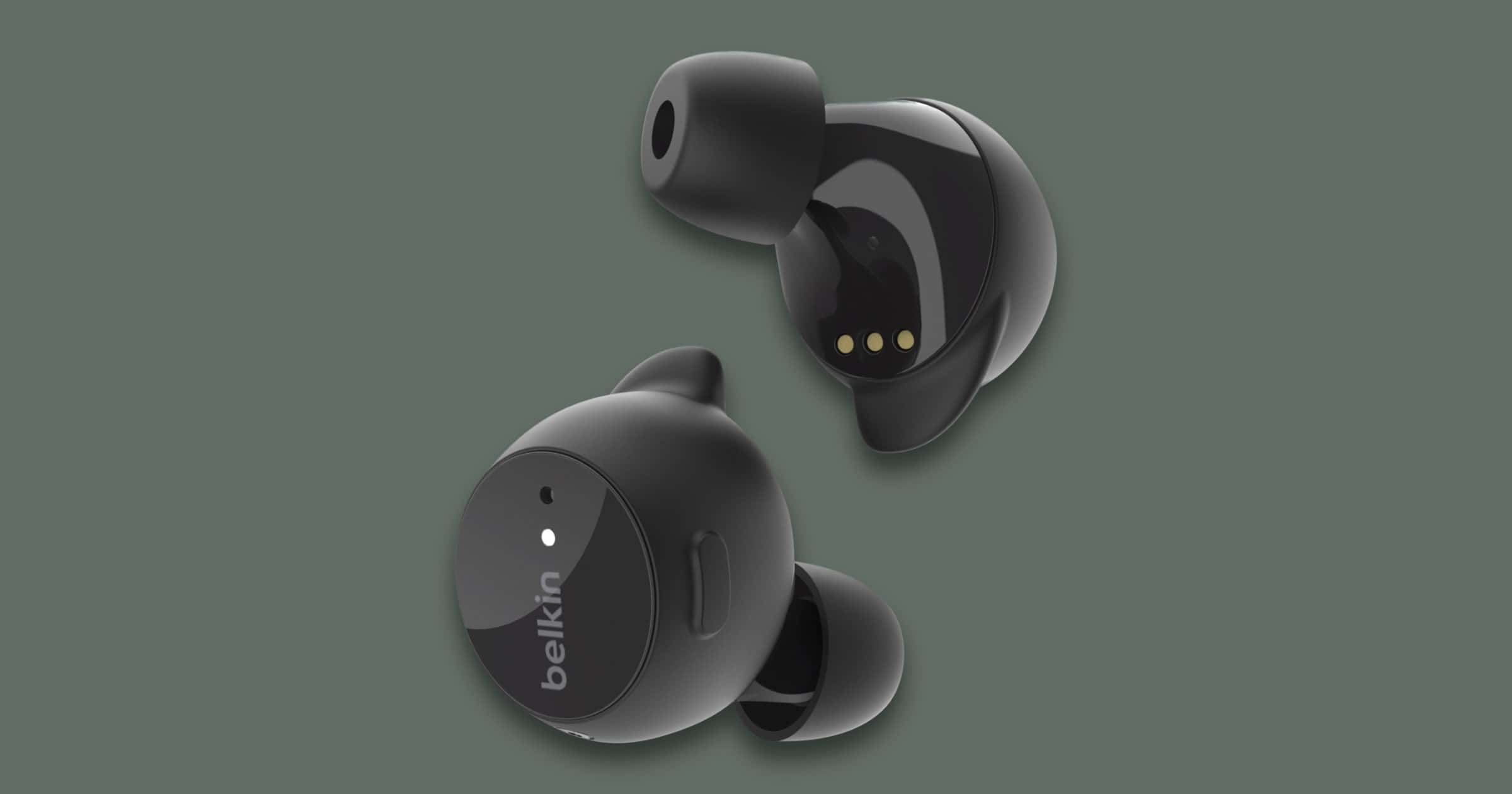


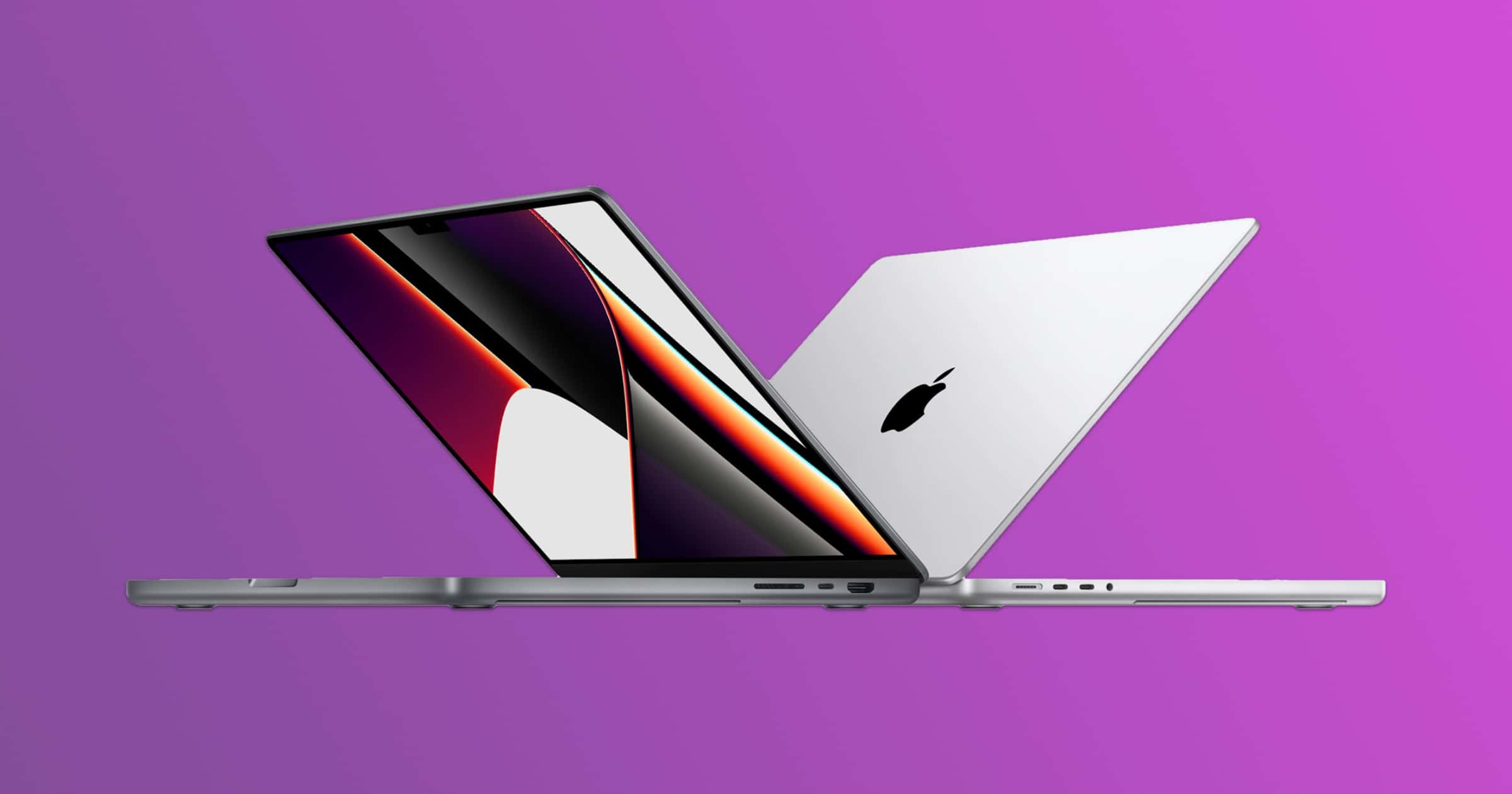

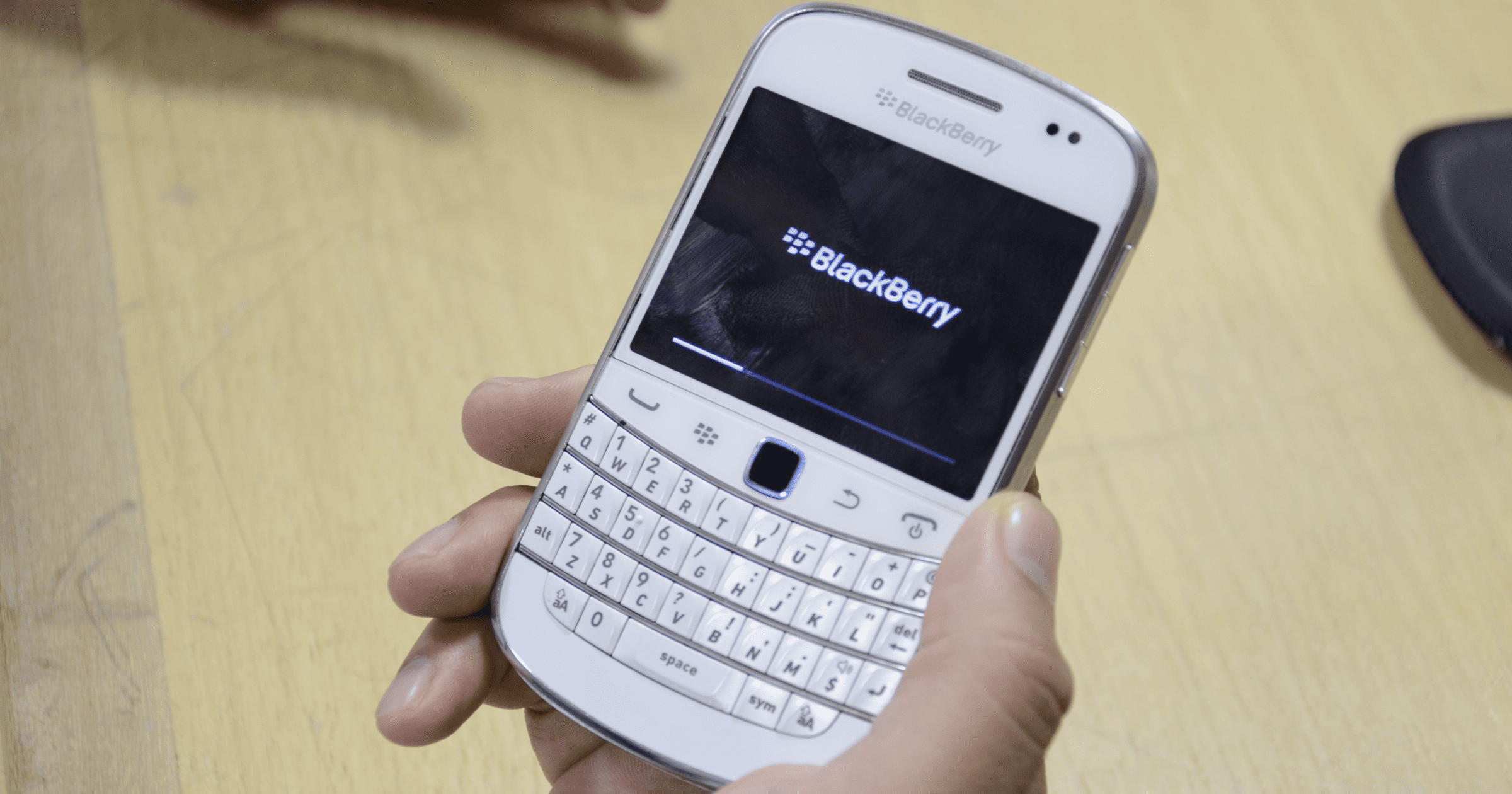



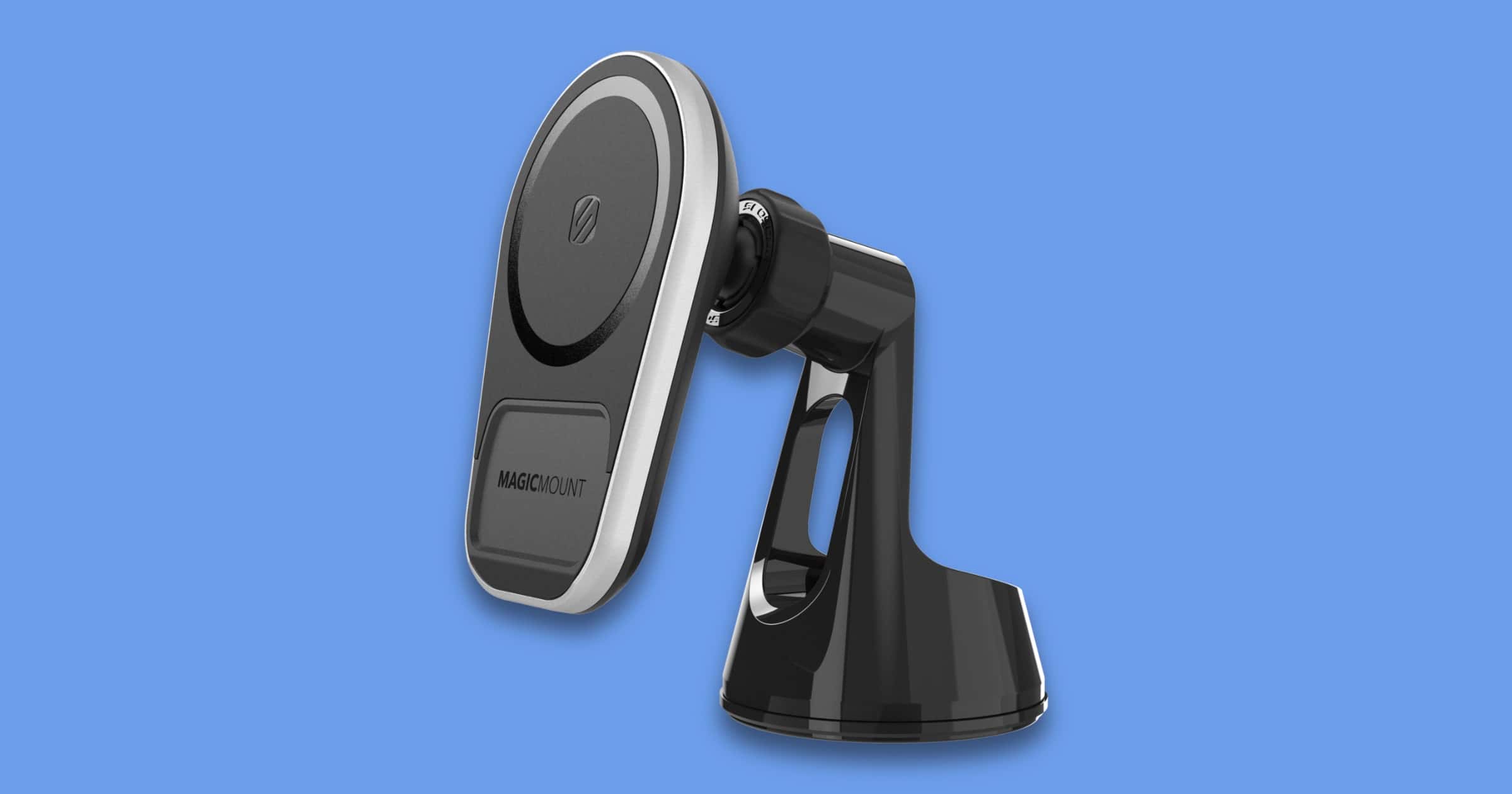

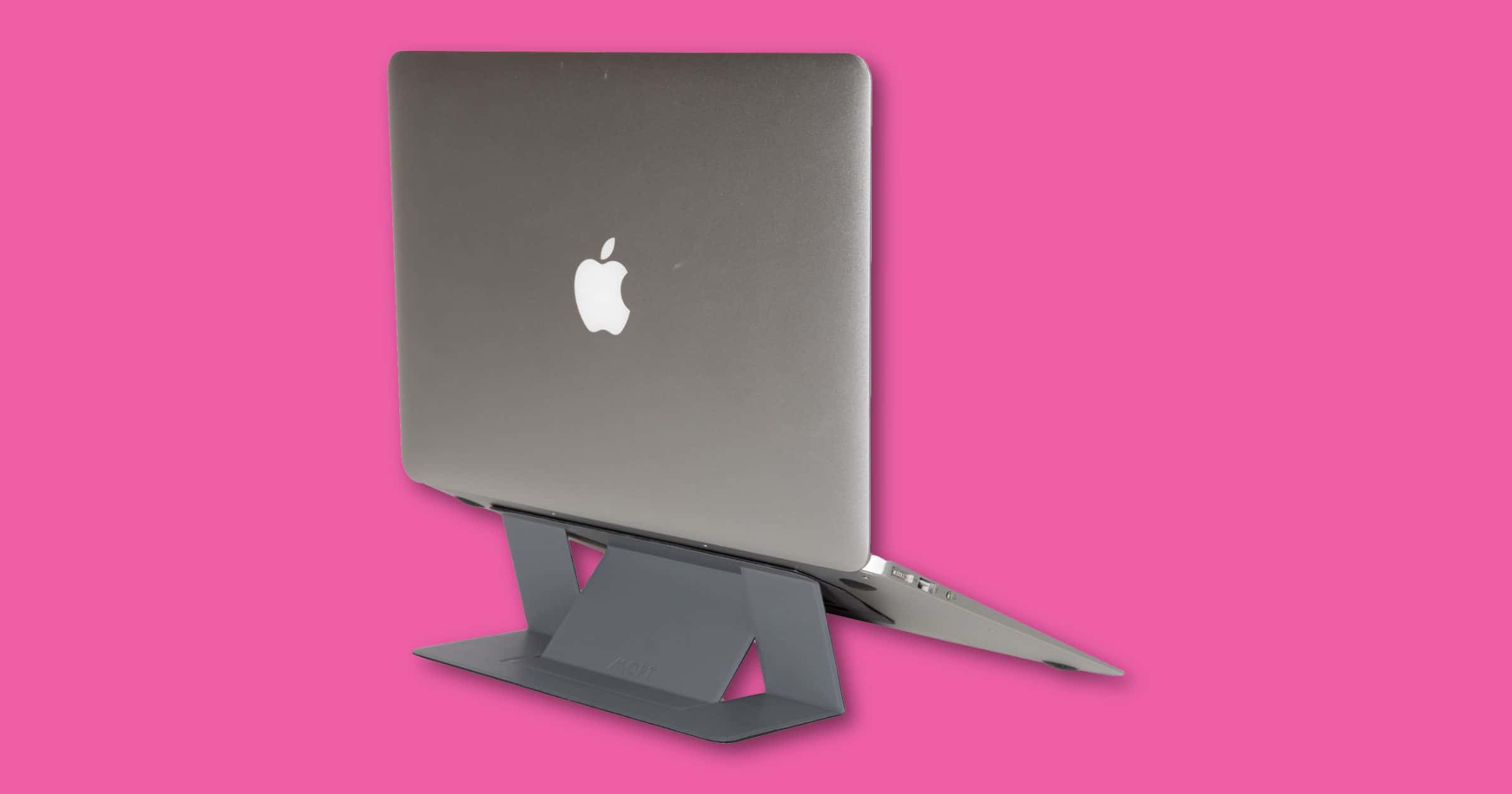

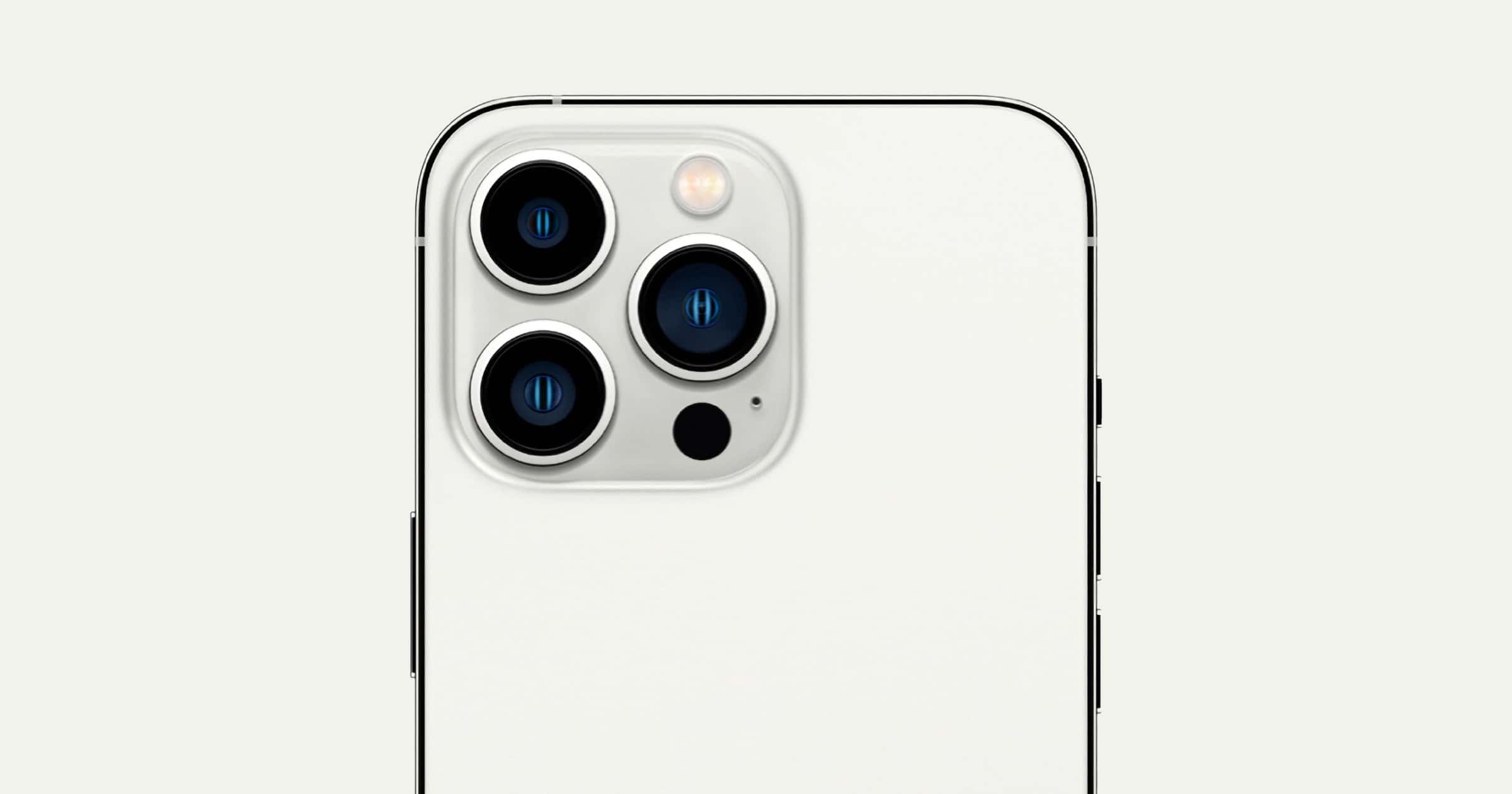

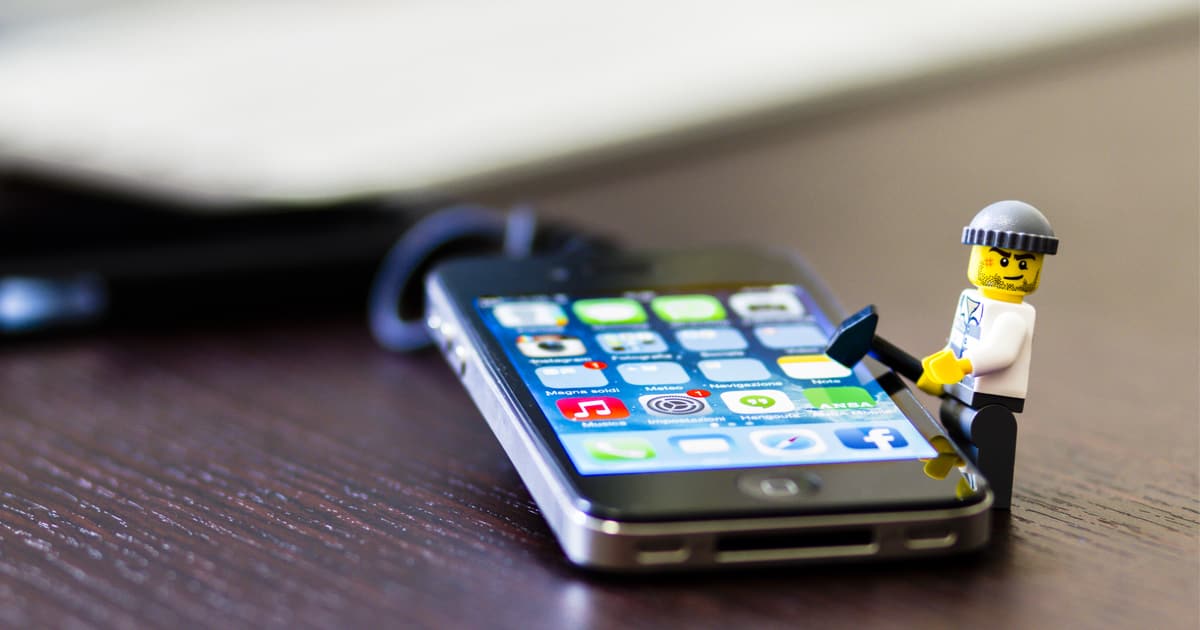
![Breaking: Apple Becomes First U.S Firm Worth US$3 Trillion [Updated]](https://www.macobserver.com/wp-content/uploads/2021/04/AAPL.jpg)